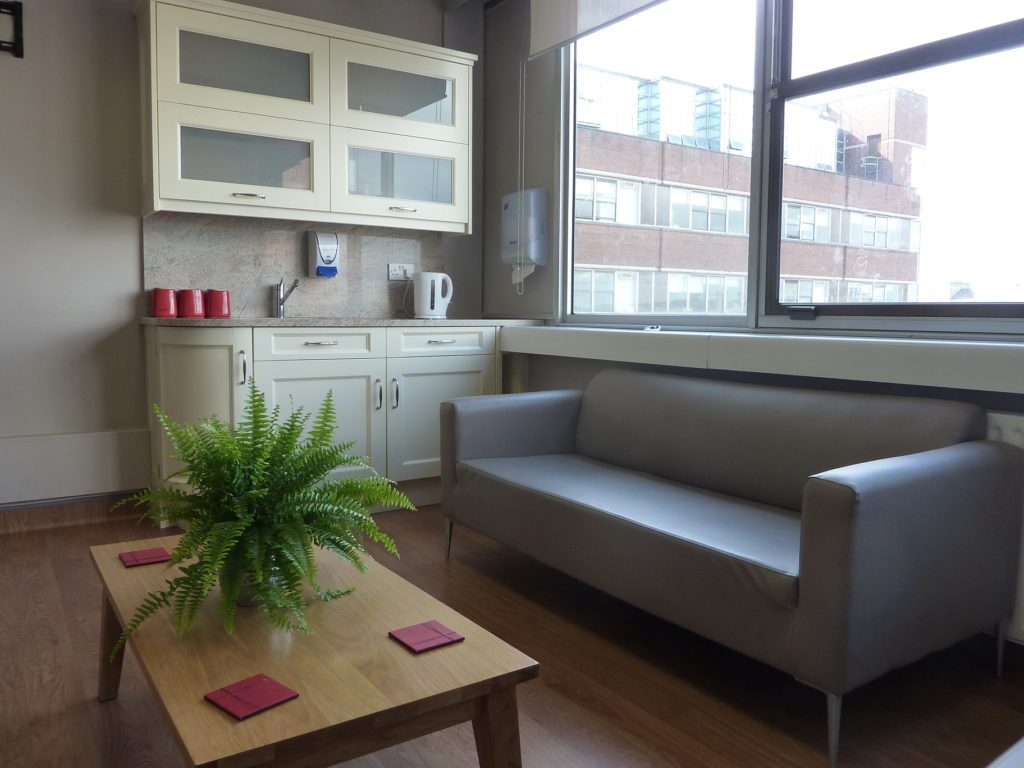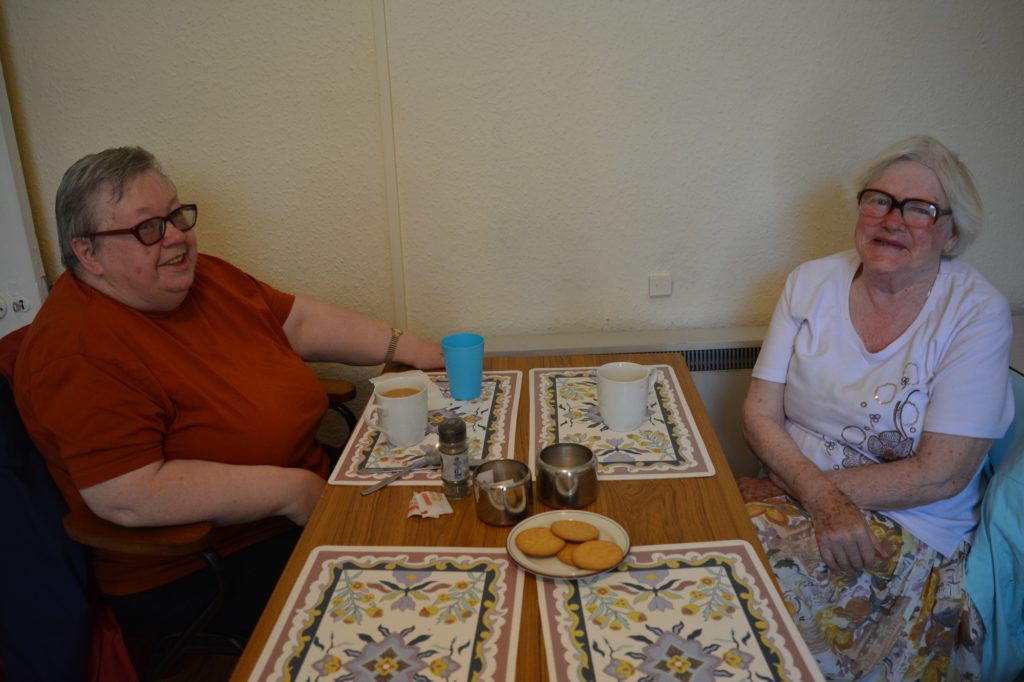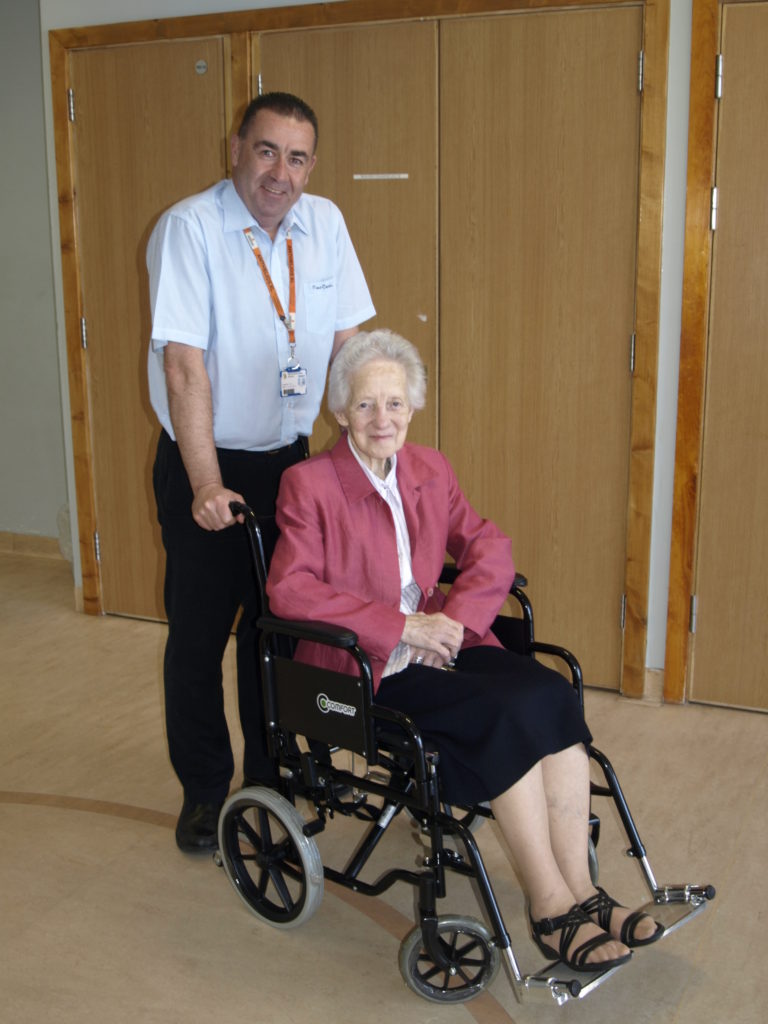Outside of our traditional fundraising appeals for the Family Heart Screening Clinic, Cancer Care, and the Heart and Lung Transplantation Unit, the Mater Hospital Foundation also works to invest in often-critical hospital projects. Funds raised by our wonderful supporters are invested in the areas of most need. Some examples of what donations have done are listed below.
The theatre – named after the late Maurice Neligan, who carried out Ireland’s first heart transplant in 1985 – is the first such theatre in a public hospital in Ireland. Cardiac radiologist, vascular surgeons, and cardiac surgeons are now able to carry out different procedures on the same patient in a single room.
The theatre has large, extremely high-quality x-ray imaging equipment fixed inside. This allows surgeons to carry out complex procedures using a combination of x-rays and surgery.
Thanks to our supporters, over €700,000 was raised for this state-of-the-art facility.
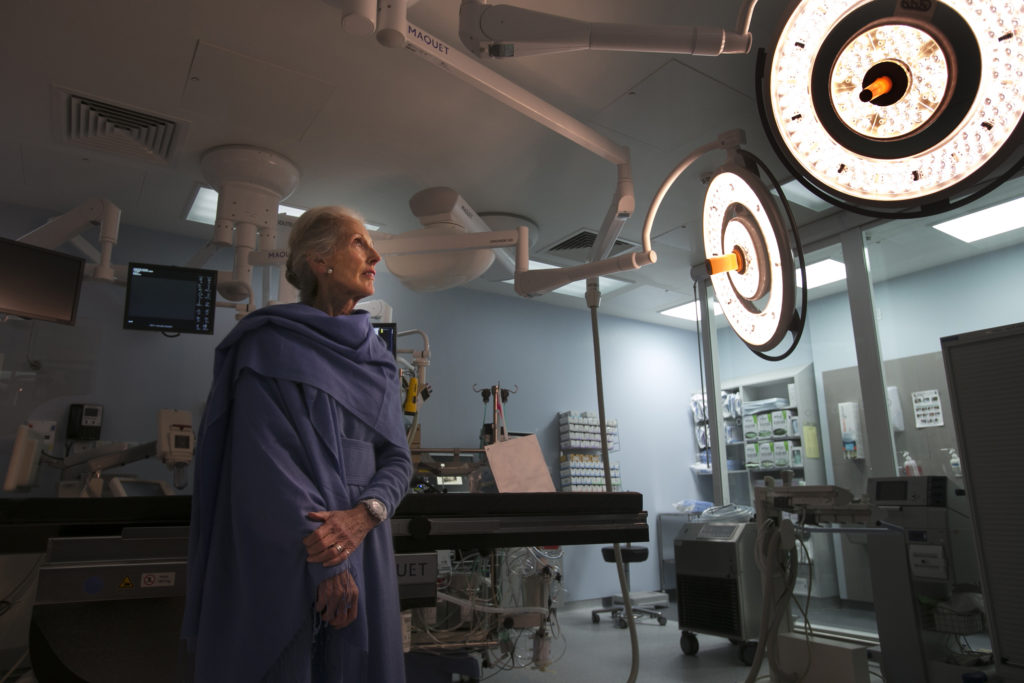
Many families spend long hours in the hospital with relatives who are dying or seriously ill. By creating family rooms, the Mater Hospital can offer a dedicated space with privacy and dignity during this difficult time.
They are also a space for family to meet with hospital staff away from busy corridors. The Mater Hospital Foundation has helped fund thirteen family rooms in the hospital, which provide homely facilities such as tea and coffee making for families.
The Mater Hospital Foundation also purchased four sleepover sofas to that cost €5,000 for the rooms so family members can stay overnight with their loved one.
Located close to the Mater Hospital, the centre provides respite care for the elderly in the local area. The Mater Hoaspital Foundation funds two nurses, while a team of volunteers keep the centre a warm, comfortable space for people to come for tea and coffee in the mornings, and lunch in the afternoon. The centre is open from 9.30 am to 3 pm, Monday to Friday.
Located in Fairview, the Mater’s Post-Acute Care Service offers cares for patients who have received treatment in the Mater Hospital but are not quite ready to go home, so the unit cares for them until they are well enough to do so.
Nurses, medical social workers, pharmacists, and consultants lead the service. The Mater Hospital Foundation has provided funds to redecorate the dining and sitting rooms and also made them dementia-friendly, with oilcloths, vintage clocks, wallpaper and ornaments.
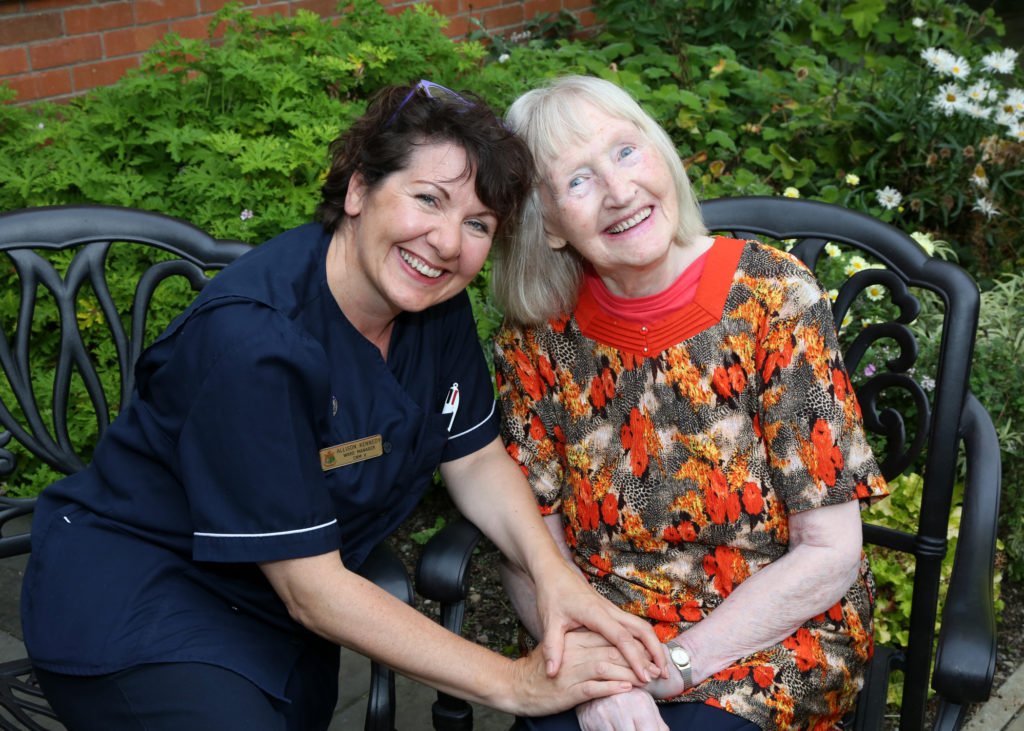
The Mater Hospital serves over 700 homeless patients each year, so the Mater’s Social Work Department saw an opportunity to help them by providing packs – funded for €3,000 by the ESB Energy for Generations Fund through the Mater Hospital Foundation – with new, warm clothes in a waterproof bag. This means the Mater can provide dignity and practical support to those most in need.
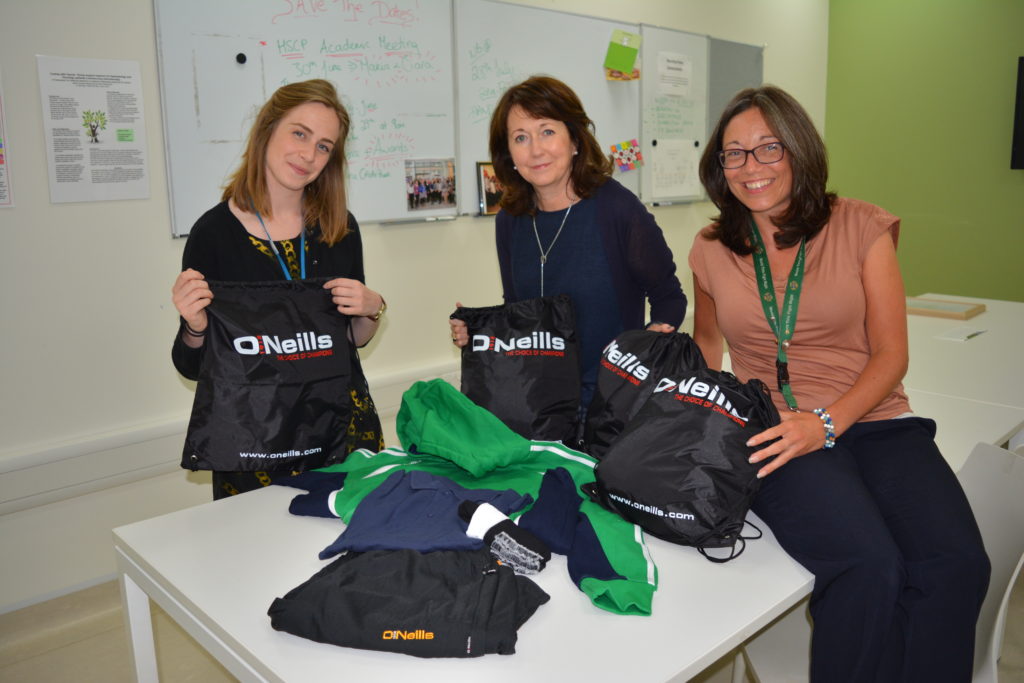
In women with an inherited risk of breast cancer, research shows that an MRI scan is more sensitive than a mammogram in finding breast tumours. The 3 Tesla MRI Scanner is therefore a crucial component to efficient breast cancer diagnosis in the Mater Hospital. The scanner is also used in the care of neurology patients.
Many patients who come to the Mater Hospital have impaired mobility. To assist them, a generous Mater Hospital Foundation’s supporter left a €5,698 gift in their Will to purchase 32 new wheelchairs. Porters can now take patients to their appointments quickly and comfortably, avoiding delays in treatment. Family members too can bring their loved ones around the hospital or to the reflection garden for peace and quiet.
The Mater Hospital’s Dermatology Department provides a national service for photosensitivity testing, which is carried out to see if a person’s skin has a reaction to different types of light. The simulator helps to diagnose various forms of skin issues. Our supporters raised €46,395 to purchase the new equipment for the department
€5,545 in donations from the public meant the Mater Hospital Foundation could fund orthopaedic seating with high pressure relieving seats, pressure relieving cushions, and a comfort chair for the specialist geriatric ward in the hospital.
This addition to the ward means that elderly patients – who are often very frail when admitted to hospital – have a more comfortable stay and are more unlikely to suffer from pressure sores while undergoing treatment.



